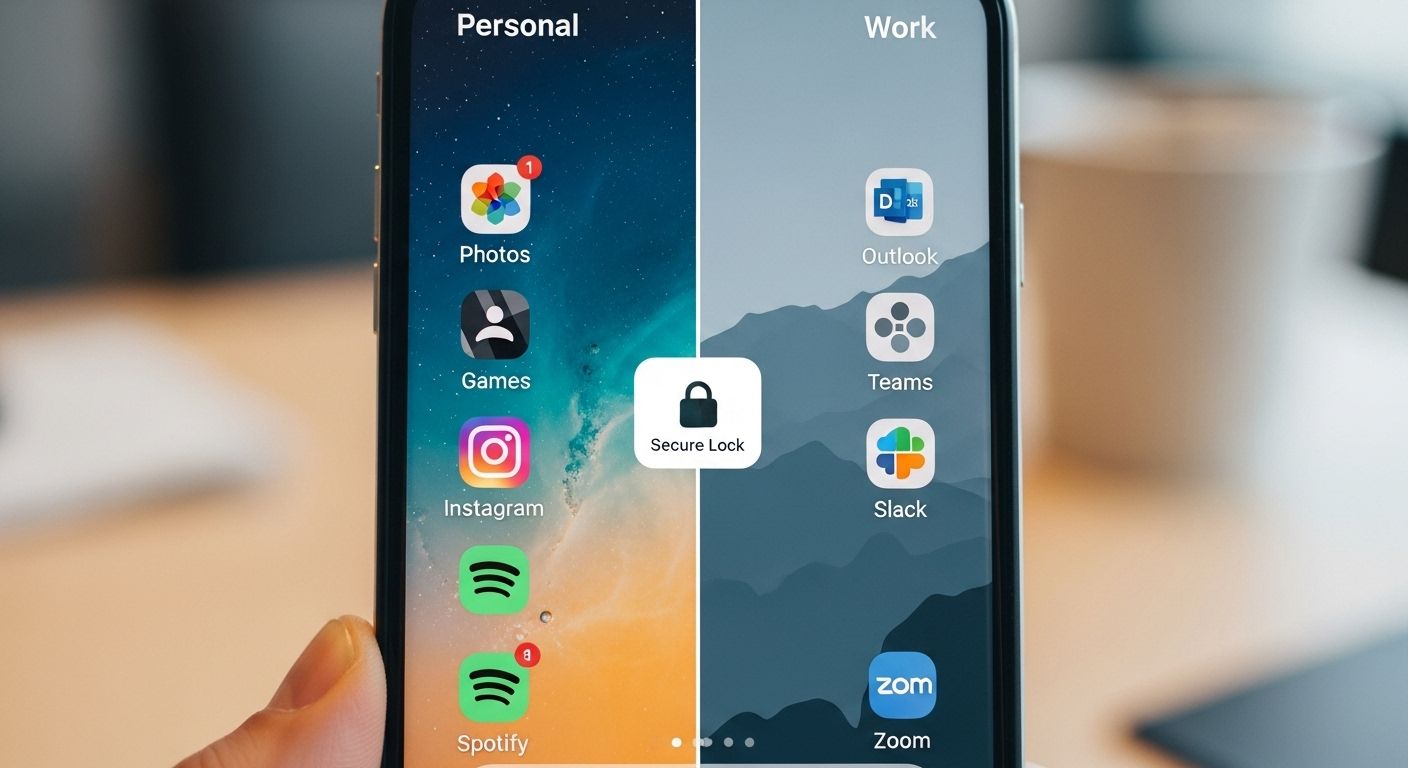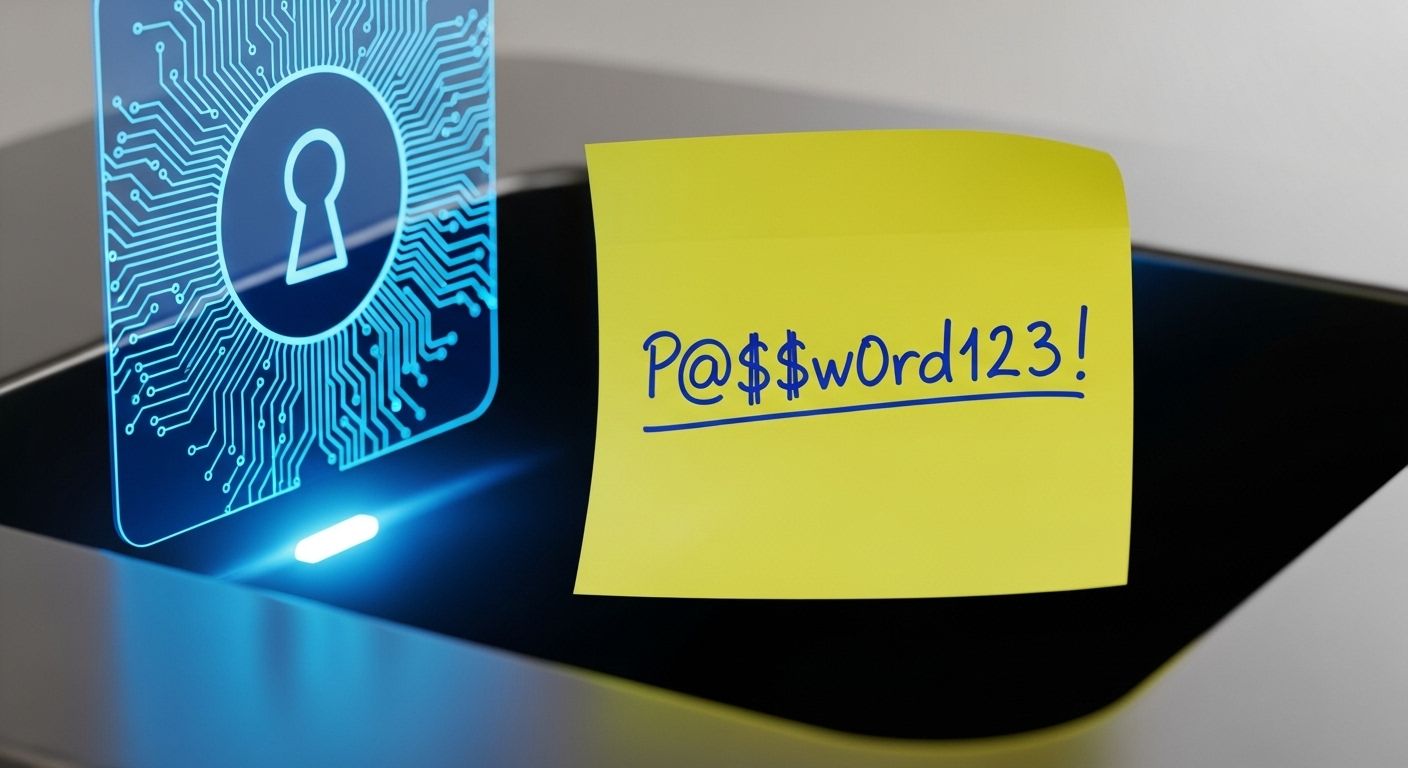
Beyond the Firewall: Securing Your Cloud Access
September 4, 2025
The Network ‘Rulebook’: Secure Change Management
September 6, 2025Why Your Employees’ Online Habits Can Compromise Your Network
In today’s interconnected world, your business network extends far beyond the four walls of your Houston office. It lives on your employees’ laptops, their mobile devices, and in their daily online habits. While social media and a free and open internet are indispensable for modern life, they also serve as a vast and largely unseen landscape of cyber threats. Ignoring the silent dangers of web browsing and social media use is a critical oversight for any Houston Small and Medium-sized Business (SMB), as it can create a direct pathway for attackers to infiltrate your network.
Think of your employees’ daily online activity as an open window. A well-secured network and a strong firewall are great, but a single click on a malicious link, a download from a deceptive ad, or a moment of oversharing on a social platform can provide cybercriminals with the access they need. This blog post will uncover the silent threats of social media and online use and provide a practical guide for securing your business network from these pervasive risks.
The Dangers: How Online Habits Become Cyber Threats
Cybercriminals are masters of social engineering, and they leverage the online habits of your employees to their advantage. Here are some of the key threats that an unsecured web browsing and social media environment pose to your Houston business:
- Phishing and Social Engineering: Social media is a prime hunting ground for attackers. They use fake profiles, impersonate trusted contacts, and craft highly convincing messages to trick employees into clicking on malicious links or divulging sensitive information. Even a seemingly harmless post can contain a phishing link that leads to a malware infection or a compromised account. Attackers also use social media to perform reconnaissance, gathering personal details about your employees to make their phishing attacks more believable.
- Malware from Malicious Websites and Ads: A single visit to a malicious website or an unsuspecting click on a deceptive online advertisement can lead to a drive-by download of malware. These infections, which can include ransomware, spyware, or Trojans, can then spread to other devices on your network, encrypt your files, or steal sensitive data.
- Data Leakage: Employees can unintentionally leak sensitive company data through social media or other online platforms. A photo of a team outing could inadvertently show a whiteboard with confidential project details. An employee’s oversharing of their work status, location, or travel plans can provide valuable information for a sophisticated attacker.
- Insecure Third-Party Applications: Many social media platforms allow users to connect third-party applications and services. Granting access to these apps, especially from an unverified source, can lead to a significant data breach or a compromise of a user’s account.
- Weak Passwords and Account Compromise: The use of weak or reused passwords for social media accounts makes them a prime target for credential stuffing. An attacker who compromises an employee’s personal social media account can use the same password to gain access to their corporate email or cloud services, leading to a major breach.
The Role of Your Security Controls: Beyond the Firewall
A traditional firewall is designed to protect your network perimeter from external threats. But when your employees are on a legitimate website or a trusted social media platform, the firewall often sees that traffic as safe. To truly secure your network, you need a layered approach that includes these critical controls:
- Web Filtering and DNS Security: These tools are your first line of defense against malicious websites and content. Web filtering and DNS security can block access to known malicious domains, phishing sites, and risky online categories, preventing your employees from ever reaching a harmful website.
- Endpoint Security: A robust Endpoint Detection and Response (EDR) solution continuously monitors your devices for signs of a malware infection or suspicious activity, even if a user has clicked a malicious link or downloaded a harmful file.
- Data Loss Prevention (DLP): DLP tools scan and monitor both inbound and outbound traffic, preventing employees from accidentally or intentionally sending sensitive company data to unauthorized online applications or social media platforms.
A Practical Guide to Securing Your Houston SMB
Protecting your Houston business from the silent threats of social media and online use requires a combination of technology, clear policies, and employee awareness. Here is a practical checklist for your SMB:
- Develop a Clear Social Media and Internet Usage Policy: Create a policy that clearly outlines acceptable use of social media and online resources on company-owned devices and networks. The policy should also address data handling, personal device usage, and the consequences of policy violations.
- Conduct Regular Security Awareness Training: This is your most powerful tool. Educate your employees on the dangers of phishing, social engineering, and oversharing on social media. Use real-world examples and simulated phishing exercises to keep them vigilant.
- Separate Personal and Business Accounts: Enforce a policy that requires employees to use separate passwords and accounts for personal and business-related social media and online applications.
- Implement Strong Technical Controls:
- Multi-Factor Authentication (MFA): Require MFA for all business-related accounts, including social media management tools.
- Web Filtering and DNS Security: Deploy a secure DNS solution to block malicious websites and content at the network level.
- Endpoint Protection: Ensure all company-owned devices have a robust EDR solution installed and kept up to date.
- Network Segmentation: Consider isolating your Wi-Fi and employee networks to limit the impact of a potential breach.
- Monitor Your Network and Accounts: Regularly monitor your social media accounts for suspicious activity, and review your network logs for any anomalies or signs of malicious traffic.
- Regularly Update All Software: Keep all operating systems, web browsers, and applications on company devices updated with the latest security patches.
Krypto IT: Your Partner in Digital Safety in Houston
The silent threats of web browsing and social media are a constant danger to your Houston business. By taking a proactive approach and implementing a combination of technical controls, clear policies, and employee training, you can significantly reduce your risk of falling victim to these pervasive threats. Krypto IT, based right here in Houston, specializes in helping SMBs navigate this complex landscape, providing the tools and expertise you need to protect your network and your business from the inside out.
Don’t let your employees’ online habits be a backdoor for hackers.
Contact Krypto IT today for a free consultation and let us help you secure your business from the silent threats of social media and online use.




